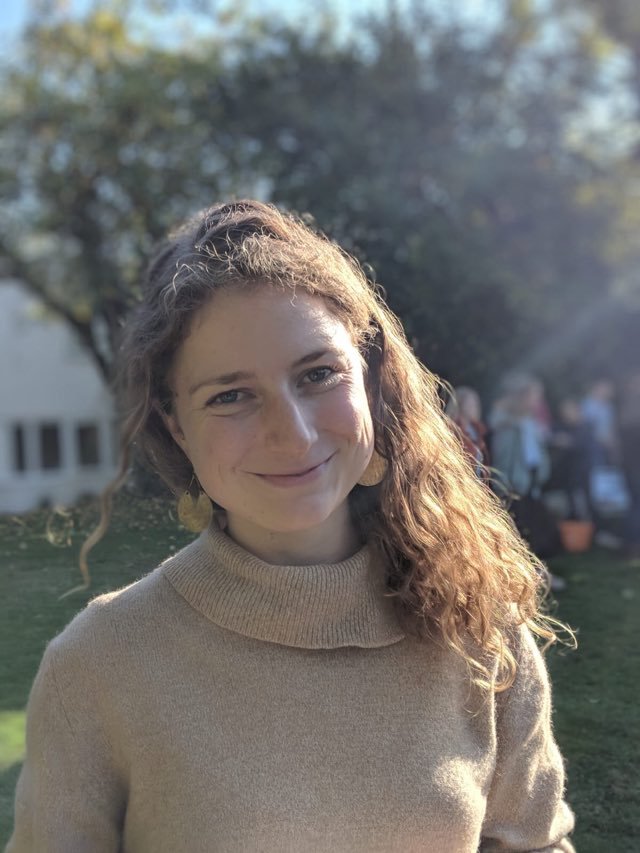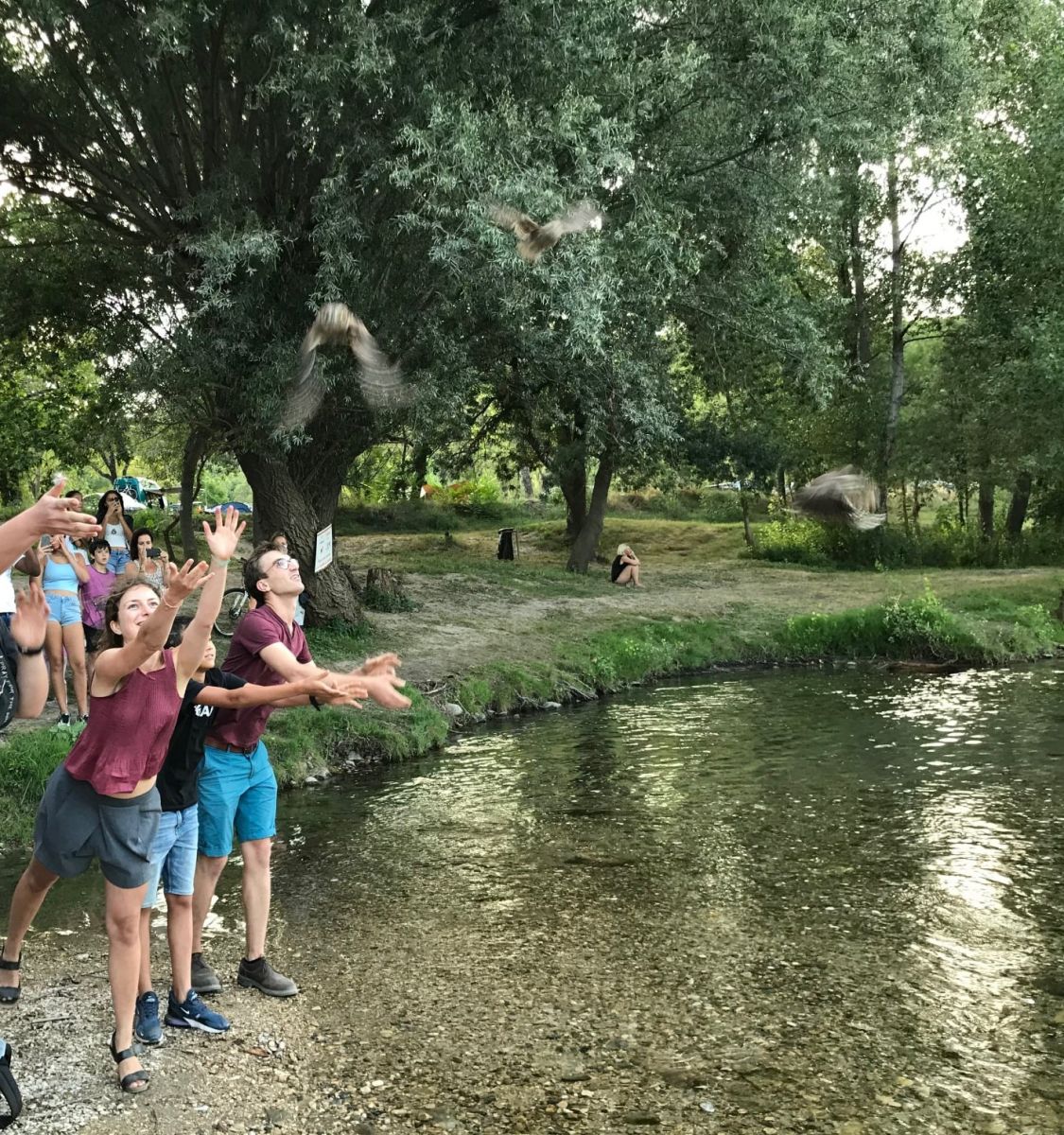Cécile Thiaucourt (Veterinary Medicine) discusses her recent charity work helping rescue local wildlife in France.

When did your enthusiasm for helping animals begin?
Coming from a rural area in the south of France, I have wanted to work in nature conservation for as long as I can remember. My interest in biology and my (sometimes frightening) tendency to dissect any animal I could find on the side of the road drove me to address this from a veterinary perspective. As conservation is such an international discipline, applying to a world-renowned English-speaking university seemed like the logical next step and I luckily matriculated at Murray Edwards College in 2016.
How have your studies at Murray Edwards College developed your interest in conservation?
The supportive and friendly atmosphere of the College was hugely comforting in the first few years, especially coming from an international background that inevitably involved adapting to the new system. During my third intermitting year, I chose to study a mix of subjects that really appealed to me, ranging from conservation to psychology, and I wrote a dissertation about the reintroduction of tigers as a conservation tool which was awarded one of the best marks in the year. The following summer I used what I had learnt in third year during an internship in the Living Lab for Sustainability as the Biodiversity engagement intern. Last year, the Ecological Advisory Panel of the University invited me to be their student representative after I gave a short presentation of my internship results, which has been an incredible opportunity to keep in touch with some ecological work during the clinical part of the veterinary course.
.jpg)
How did you get involved with charity work rescuing local wildlife in France?
During the summer of my fourth year, I had planned several veterinary placements in various places, but the pandemic decided otherwise. Luckily, a neighbour had recently brought me an owl he had found injured in his chimney, which made me discover a local wildlife rescue hospital and I decided to volunteer for most of my summer at that place.
Can you tell us about this rescue hospital and what you did there?
Located between Montpellier and a regional National Park, this charity is one of only four of its kind in France to have a full-time vet working there. My time was divided between feeding the resident animals, treating animals that needed medical attention, assisting surgeries twice a week, and occasionally observing post-mortems to find out more about the cause of death. All of this was supervised by the fascinating and passionate vet who created the charity 25 years ago. This summer we received around a thousand animals needing help, mostly birds, ranging from the magnificent short-toed eagle – a specialist predator of snakes –to the Scops owl that weighs merely 90 grams and every year flies the 4000 km that separate us from its winter quarters in sub-Saharan Africa. We also received a good bunch of mammals: hedgehogs, bats, foxes and the occasional beaver and badger.

What did you learn from your work and how will it help you moving forward?
Overall, this has been a fantastic experience that was thankfully counted towards ‘extra mural studies’ (work placements) by the vet school and gave me a whole new look at the wildlife of my original region! Entering vet school, my goal was to travel and work with the so called ‘big five’, but this placement has completely changed my point of view and I now feel it is much more legitimate to work to protect the wildlife I have grown up with. This topic is so dear to me that this year I am working remotely with the charity on some of the projects they have, including: settling a ‘vulture safe zone’ in the south of France and creating a new wildlife hospital in Montpellier, with the aim of raising awareness about the sometimes catastrophic state of our wild species. In the long-term, I hope to contribute to this huge, yet not impossible, challenge to restore habitats and populations and learn from the amazing people who have already started this task.